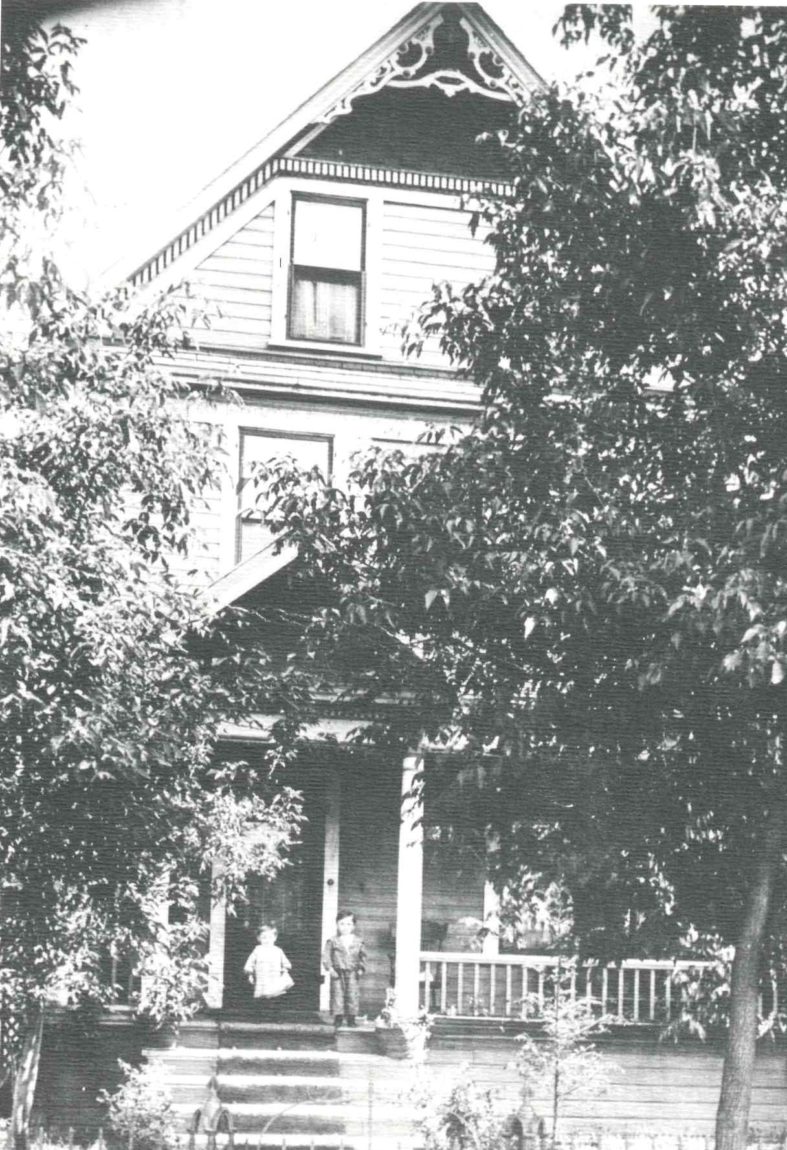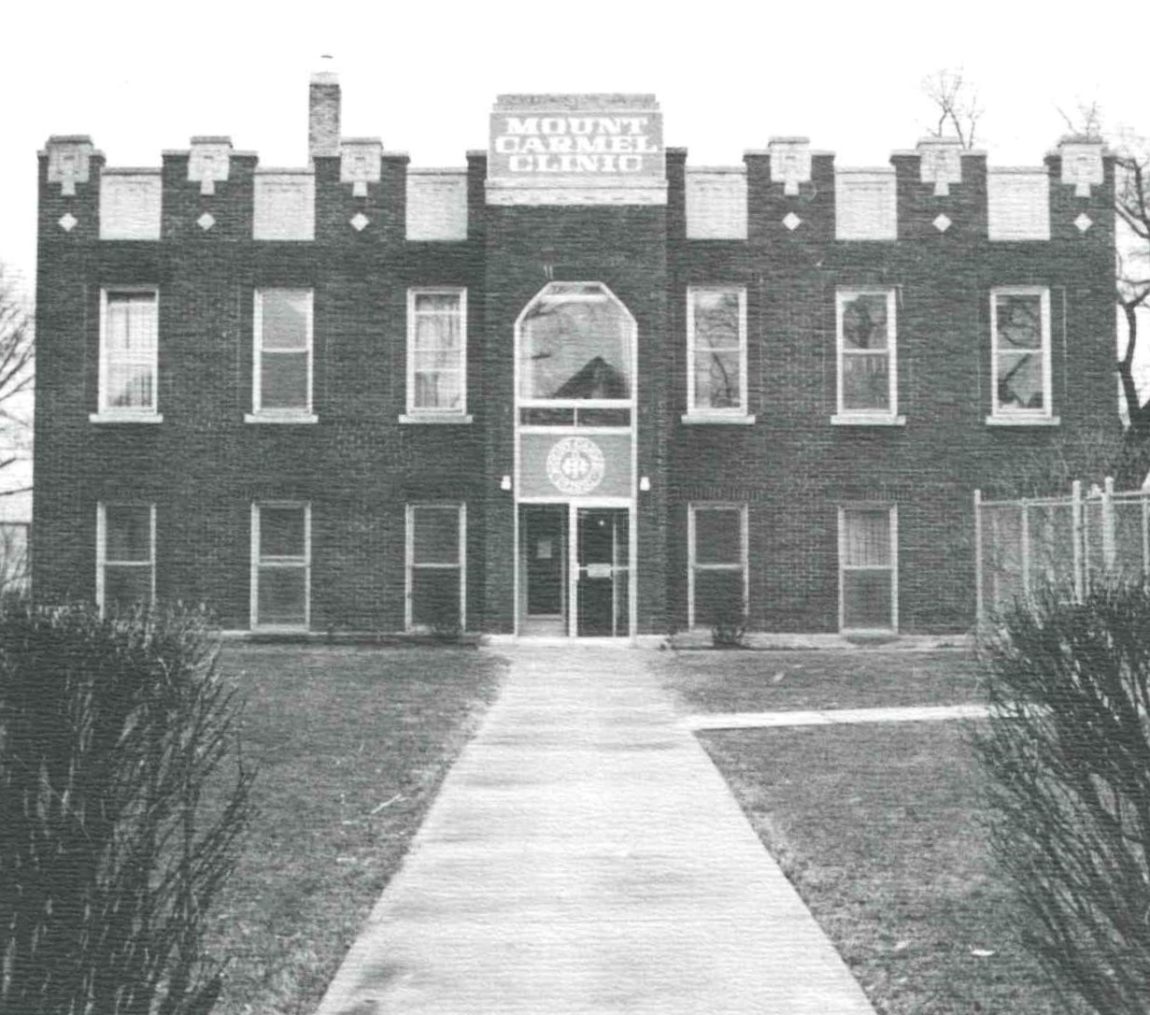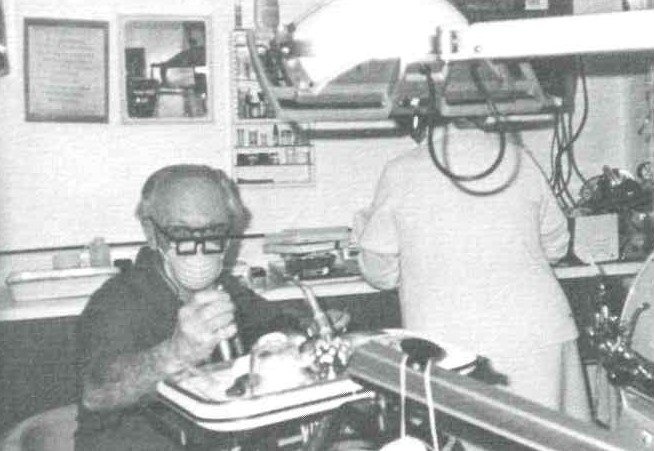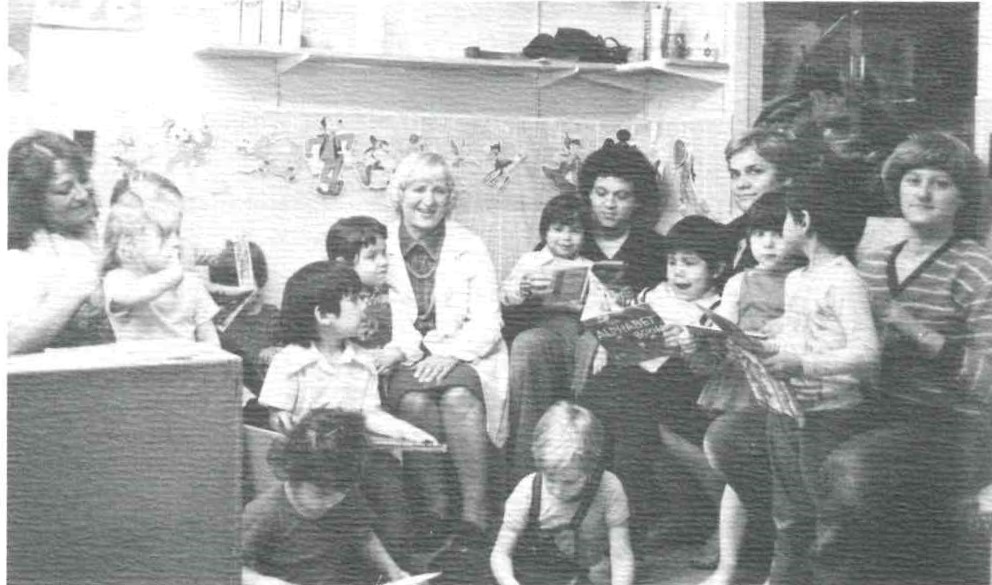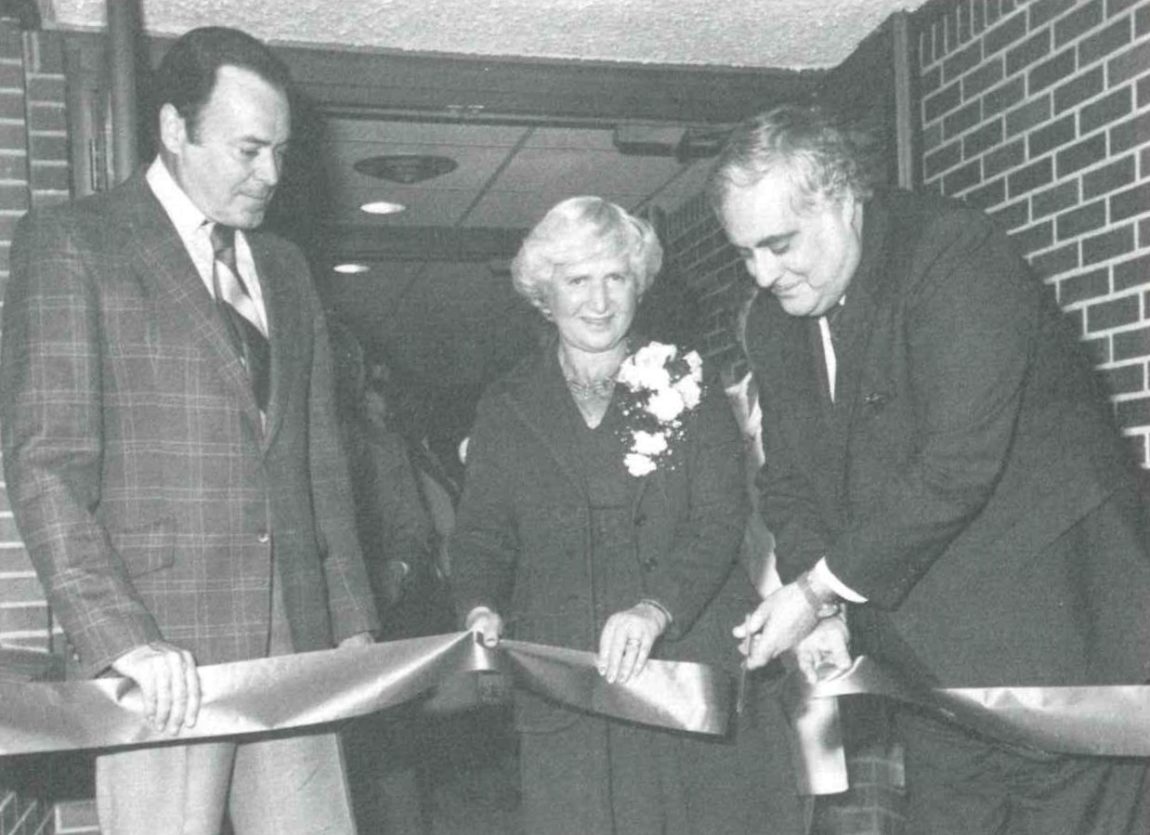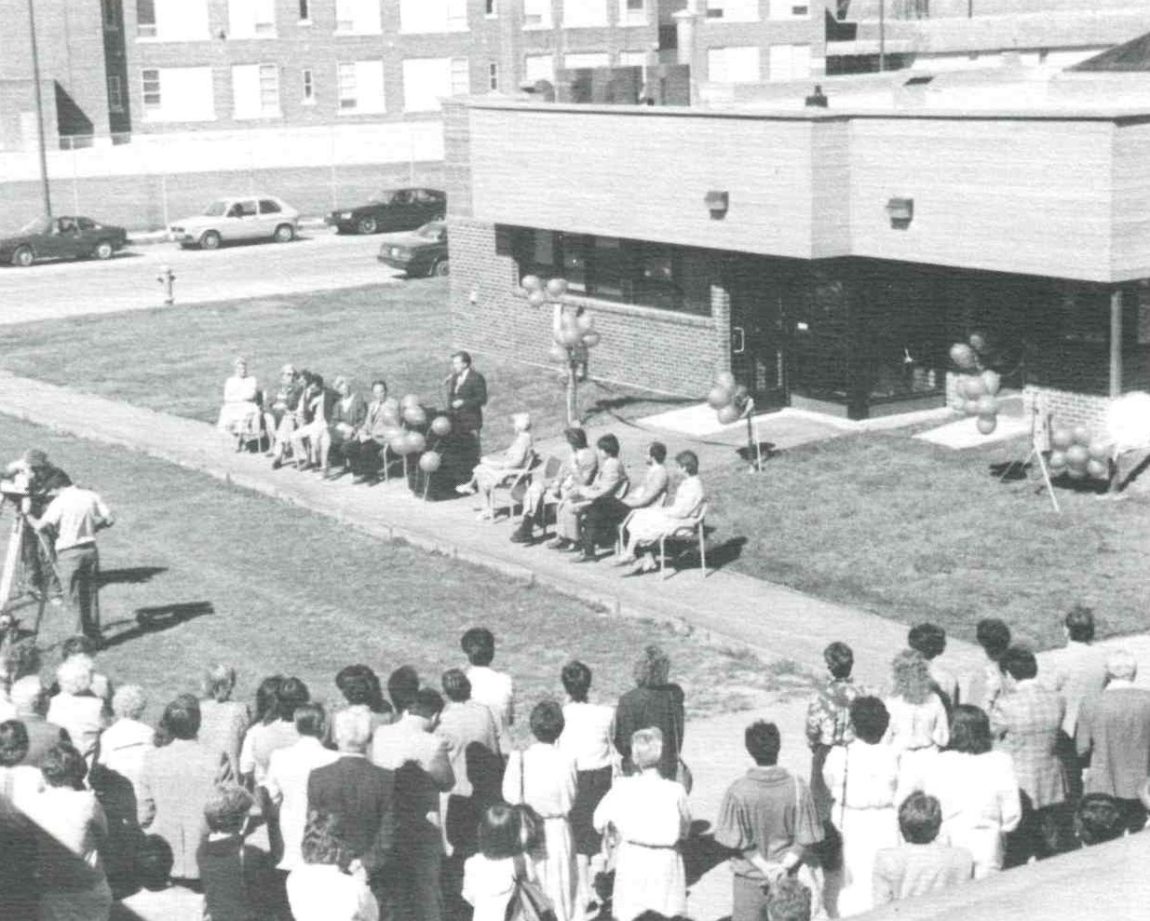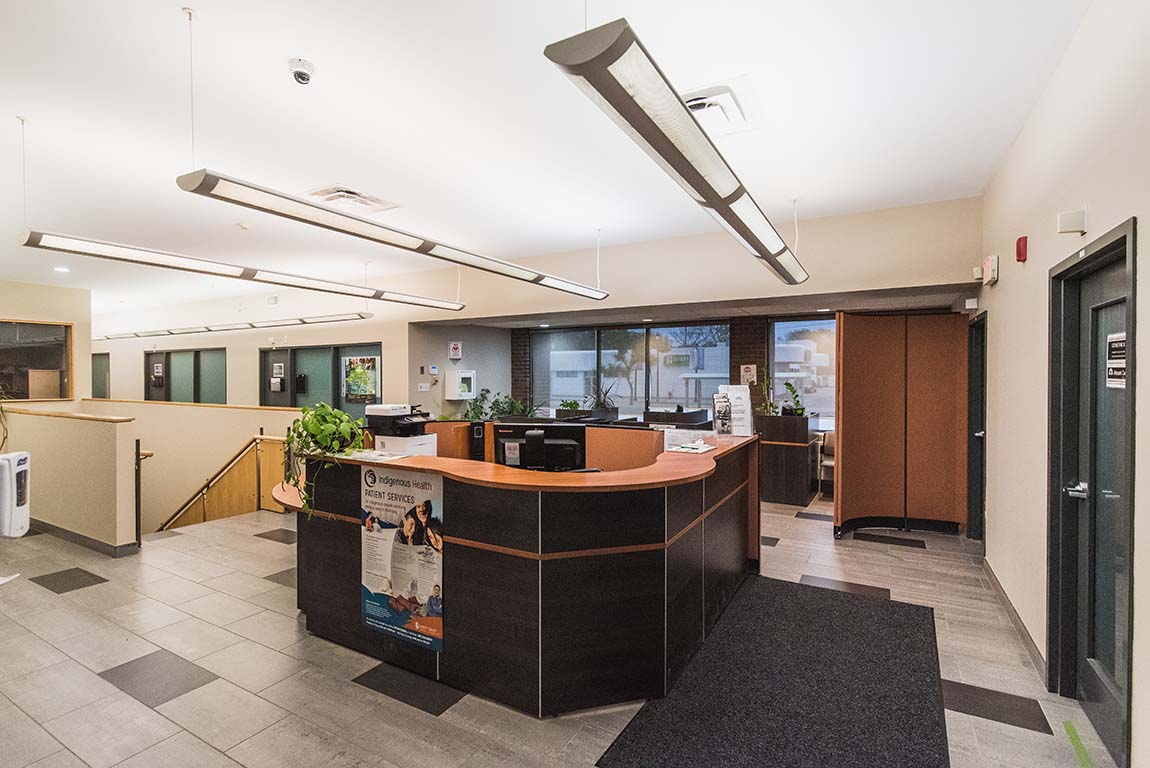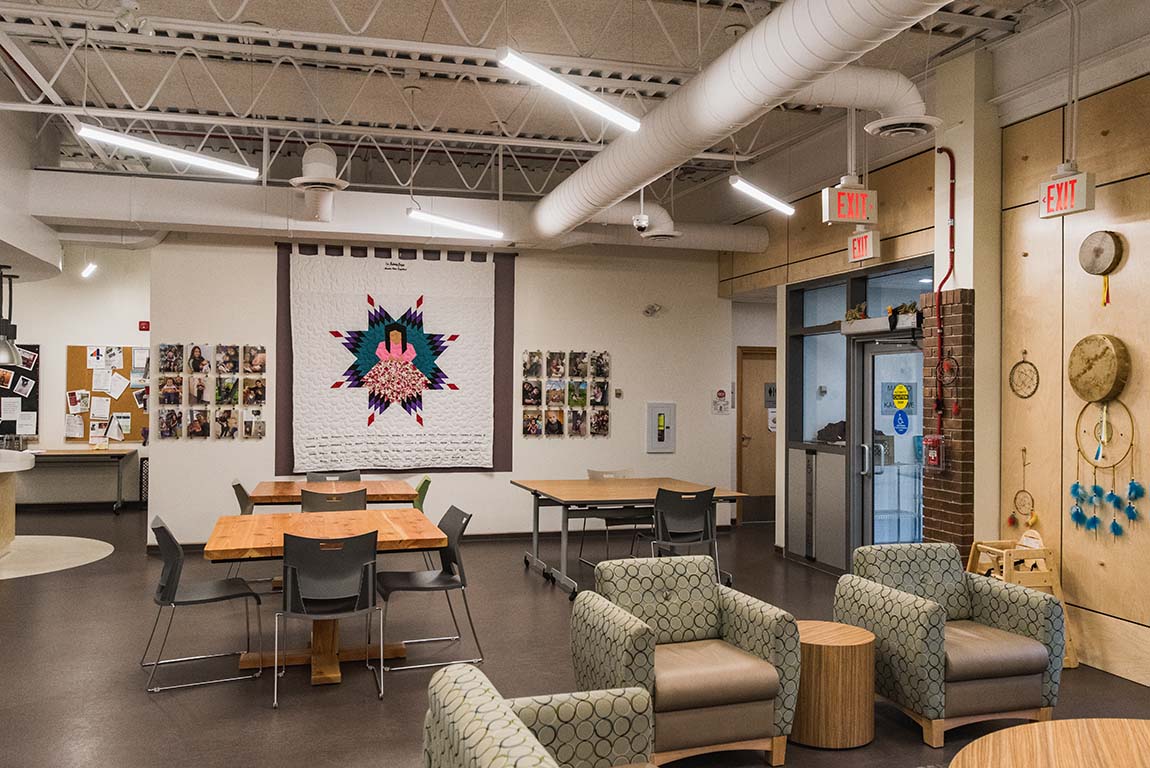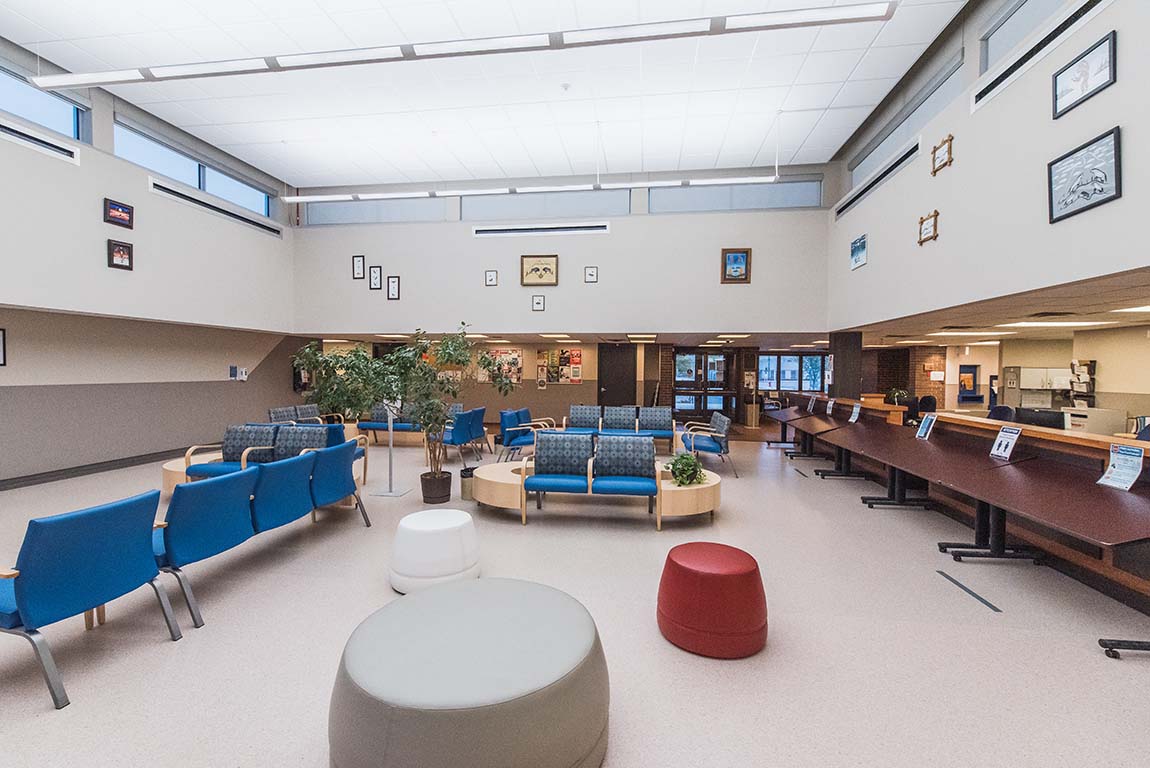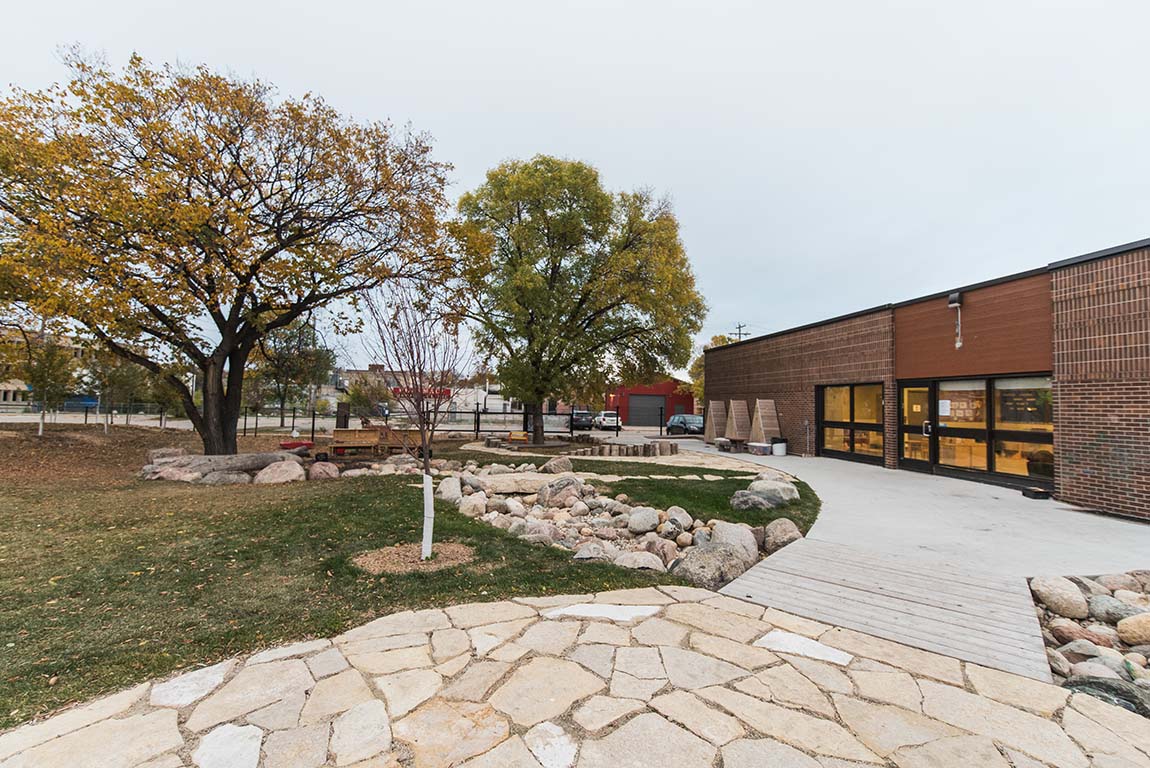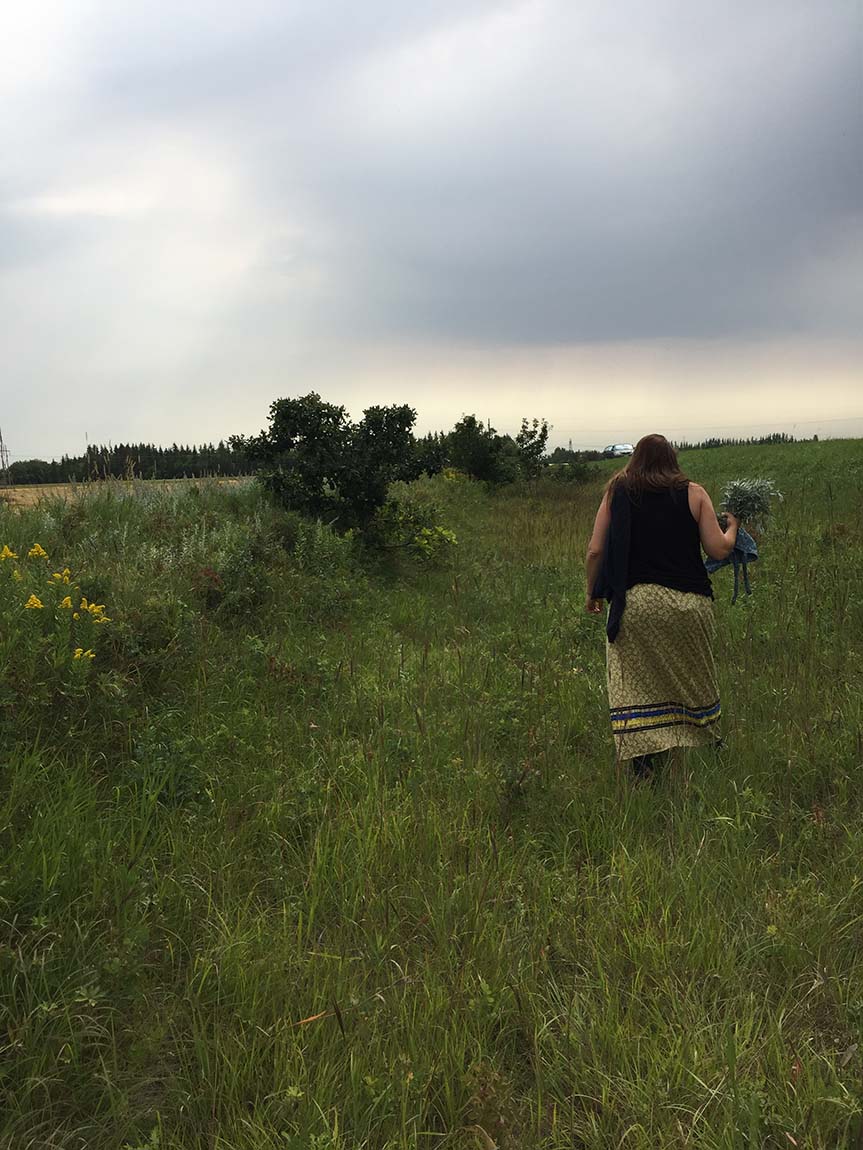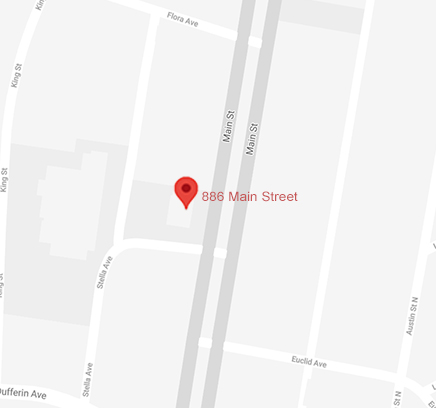Our History
As Canada’s first and longest-running community health centre, Mount Carmel Clinic has a storied past based on providing community-focused care to the North End of Winnipeg.
As needs changed, the clinic shifted focus to broaden its scope. With the hiring of nurse Anne Ross, the clinic began to provide community-centred health services to those in the neighbourhood that needed it most. This included Newcomers and refugees from different parts of the world, as well as First Nations and Métis peoples moving to the city from reserves.
Anne Ross was hired in the early 1940s as one of the clinic’s first paid staff members, and quickly became a figurehead for the clinic. In 1964 she was formally appointed as executive director which allowed her the ability to speak on behalf of the clinic and implement new ideas. She was integral to the shaping of the clinic’s model of service and the development of many of the programs that still exist at the clinic today.
The clinic advocated for those living in low-income situations, and pushed the government to provide better housing options and more public housing. This contributed to the eventual establishment of the Neighbourhood Improvement Program in 1974, a tri-governmental housing program with the goal of improving housing across Canada.
As the clinic continued to grow, it became clear that finding a much larger and permanent location for the clinic was necessary. After a decade of fundraising and a significant capital contribution from the government, a new building for Mount Carmel Clinic was constructed at 886 Main Street.
Upon the completion of the new clinic, focus quickly moved to the goal of raising funds for a building to house the clinic’s day nursery program, which provided supports for children ages 2 – 5 years. The MCC board of directors approved plans for the new building in 1983, and by 1985 the newly named Anne Ross Day Nursery was complete.
The establishment of an official foundation improved the clinic’s capacity to be able to fundraise for large capital projects in a more effective way. The foundation went on to lead several successful fundraising campaigns over the next 20+ years, including the multiple clinic expansions and upgrades.
The Mount Carmel Clinic Foundation began a capital campaign in 2005 to fund substantial renovations to the clinic. By 2008, the clinic was able to execute phase one of the renovations: the retrofitting of 888 Main Street—the old bank building donated by CIBC--to house its administrative offices and outreach services.
Created through the At Home/Chez Soi research project of the Mental Health Commission of Canada, ACT provides housing support to some of Winnipeg’s most vulnerable and at-risk community members by employing a housing first model.
Several new services were made available at the clinic, including chiropractic services, and the student-run WISH clinic, a partnership with the University of Manitoba and the Winnipeg Regional Health Authority.
It took another four years of fundraising to reach the goal of renovating the Anne Ross Day Nursery, located adjacent to the main clinic building. These renovations made the building fully accessible and allowed for an additional eight daycare spaces to be made available to the community.
The Mothering Project was developed to provide enhanced supports for mothers who are pregnant or have young children, and who struggle with substance use. With help from the Mount Carmel Clinic Foundation, a new space dedicated to the program was renovated in 2016.
With help from the Mount Carmel Clinic Foundation, the clinic was able to focus on improving the exterior of its 886 Main Street location, beginning in 2018. This included significant landscaping along the east and south sides of the building, enhanced accessibility measures at the front entrance, and a large outdoor play area for the daycare.
Mount Carmel Clinic was raise funds for the purchase of a new building directly adjacent to 888 Main St, with a significant contribution from the Mount Carmel Clinic Foundation. This building provides office and programming space for Wiisocotatiwin Assertive Community Treatment, and will be renovated in the future to suit the needs of the organization and the community.
Identifying a need for more Indigenous programming, Mount Carmel Clinic invited highly respected cultural leaders Elder Mae Louise Campbell and Mitch Bourbonniere to join its staff team. Their expertise has allowed the clinic to expand its offering of drop-in and program-based Indigenous cultural activities.
The clinic is ever evolving and adapting to the needs of its community, staff, and operational needs. The organization has many short and long-term goals for the future, which include both programmatic and capital aims. Enhancement of the clinic’s physical space is ongoing, and new services and programs are being added on a regular basis.

